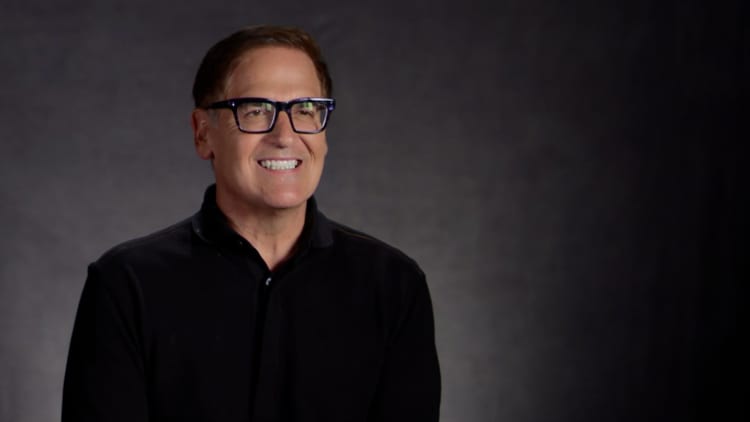Paloma Canseco, a graphic designer from New York, recently encountered an AI-powered virtual recruiter during her job application process. After answering basic screener questions, she realized the voice was not pre-recorded but using AI to interact naturally. However, she hung up when asked about her last design experience, feeling that a company using such technology was not aligned with her values. This experience reflects a growing trend in recruitment, with companies like Chipotle introducing AI tools for scheduling and basic interactions. While AI may streamline the hiring process, concerns remain about the lack of human connection and potential biases in automated interviews, which some candidates find unsettling.
Title: The Rise of AI Recruiters: A New Era in Job Applications
In today’s job Market, Paloma Canseco, a graphic designer from New York, is finding herself applying for jobs more often, but her recent experience with an interactive AI recruiter raised eyebrows. After submitting a job application in mid-October, she received a call from what she thought was a virtual recruiter. The conversation started with basic questions about her eligibility to work in the U.S. and her educational background. Initially, Canseco believed she was talking to a pre-recorded message, but the AI’s surprisingly natural responses made her question if it was indeed software.
“The voice felt very human,” she recalled, describing moments when the AI responded with phrases like “That’s very interesting.” It made the interaction feel almost real, but as the AI continued with the screening process, Canseco decided to hang up. “If a company isn’t willing to spend five minutes on a real person, then I doubt their culture aligns with what I’m looking for.”
Canseco later shared her experience on LinkedIn, prompting others to come forward with similar stories involving AI recruiters. The use of artificial intelligence in recruitment is becoming more common, with companies like Chipotle introducing their AI recruiter, “Ava Cado,” to streamline processes like scheduling and answering basic queries.
Brent Orsuga, founder of a recruitment firm, expects interactive AI interviews to become standard practice by 2025. He believes AI can help filter out unqualified candidates during the screening process but also shares concerns about how AI may introduce biases or lack human connection.
Canseco, for her part, has reservations about continuing with AI in recruitment. She feels that the process is becoming too impersonal and detached, which detracts from the human element that’s vital to such a personal undertaking as job applications.
The future of recruitment may see AI playing a significant role, but for now, candidates like Canseco still crave a human touch in their job search experience.
Tags: AI recruiting, job applications, virtual recruiters, recruitment process, human resources, job Market trends
-
What is an interactive AI interview?
An interactive AI interview is a job interview where a computer program, or AI, asks you questions and records your answers instead of a human being. -
How does it work?
You use a video or voice platform to talk to the AI. It asks you questions, and you respond just like you would in a regular interview. The AI analyzes your answers in real-time. -
Are interactive AI interviews fair?
The goal is to make them fair by using the same questions for everyone and removing human bias. However, the technology still has limitations and can be different from person to person. -
What are the advantages of AI interviews?
AI interviews can save time for both job seekers and companies. They can schedule interviews quickly, and applicants can do them from anywhere, anytime. - Will I still have a chance to meet a human in the hiring process?
Yes, most companies will still have a human step later in the process. If you do well in the AI interview, you may get called for a final interview with a real person.






